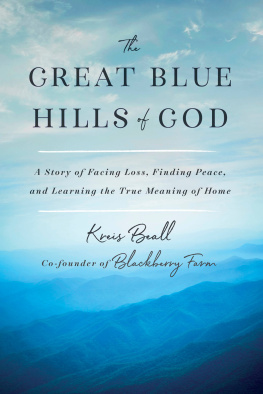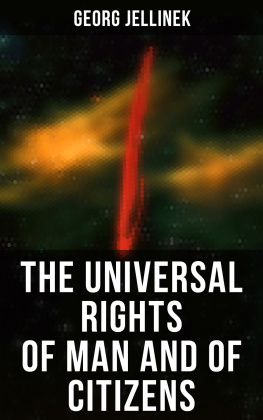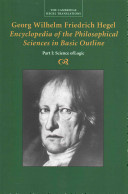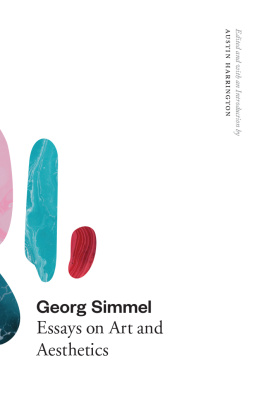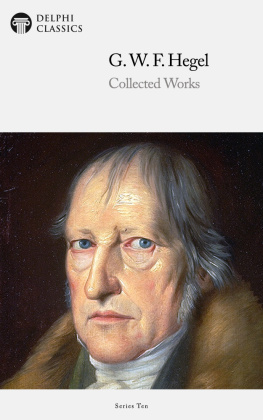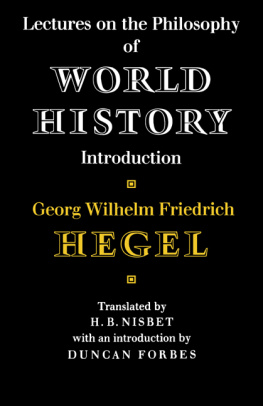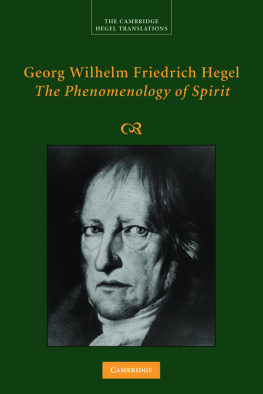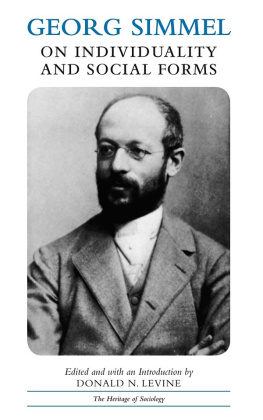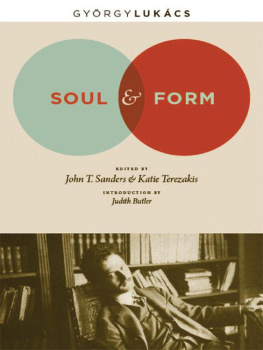First published in 2000 in Great Britain by
FRANK CASS PUBLISHERS
Newbury House, 900 Eastern Avenue
London, IG2 7HH
and in the United States of America by
FRANK CASS PUBLISHERS
c/o ISBS, 5804 N.E. Hassalo Street
Portland, Oregon, 97213-3644
Website: www.frankcass.com
Copyright collection 2000 Frank Cass & Co. Ltd
Copyright chapters 2000 contributors
British Library Cataloguing in Publication Data
Switzerland and the Second World War
1. World War, 1939-1945 Switzerland
I. Kreis, Georg
940.53494
ISBN 0-7146-5029-3 (cloth)
Library of Congress Cataloging-in-Publication Data
Schweiz und der Zweite Weltkrieg. English.
Switzerland and the Second World War / edited by Georg Kreis.
p. cm.
Includes bibliographical references and index.
ISBN 0-7146-5029-3 (cloth)
1. World War, 1939-1945 Switzerland. 2. Neutrality. I. Kreis, Georg. II. Title.
D754.S9 S38 2000
All rights reserved. No part of this publication may be reproduced, stored in or introduced into a retrieval system or transmitted in any form or by any means, electronic, mechanical, photocopying, recording or otherwise, without the prior written permission of the publisher of this book.
Foreword
For a few years at the end of the twentieth century Switzerland was the focal point of a frenzy of activity, as diplomats, politicians, and lobbyists battled over one of the last pieces of unfinished business from the Second World War. It began with questions into what had become of the unclaimed assets of Jews who had perished as a consequence of Nazi persecution and mass murder, assets that had been entrusted to banks and financial institutions in Switzerland before 1939. It quickly snowballed into an inquisition into Switzerlands trade in gold with Nazi Germany, whether this included trade in gold looted from Jews, the treatment of Jewish refugees at the countrys borders and those who managed to cross them, the trade in works of art plundered by the Nazis, and the behaviour of insurance companies holding the policies of Jews murdered in the death camps. The inquest turned into a spectacle mediated by the global news media to a fascinated public around the world. Within a short time, the way the story was being handled had become a story in itself.
Better-informed Swiss could not understand why facts that were well known inside Switzerland had suddenly assumed such significance abroad and why they were being treated as revelations. Did the worlds press have ulterior motives in raising the question of Switzerlands trade in gold with the Third Reich and the treatment of Jewish refugees seeking asylum within its borders? Why was Switzerland suddenly the whipping boy for almost every conceivable sin of commission and omission that could be laid at the door of every neutral and non-belligerent country during the Second World War and, in some cases, the Allies themselves?
It would take several years to disentangle myth from reality and achieve a more dispassionate evaluation of the historical evidence, in the process exposing much of the shoddy history ground out by journalists as background to the breaking news. One welcome effect of the unrelenting political and media pressure was the decision of the Federal Council in late 1996 to set up an Independent Commission of Experts on Switzerland in the Second World War to achieve such clarity. This volume of essays bears testimony to the success of that enterprise and the cathartic effect of Switzerlands experience between 1996 and 1999. That frenzied period ended as suddenly as it had begun, but the essays collected here testify to a legacy that will be of value for a much greater duration.
Georg Kreis, the editor, is one of the distinguished historians who during the 1970s had already contributed to the continuous reevaluation of Switzerlands wartime record. Much of it was stimulated by officially commissioned work, such as Carl Ludwigs report on refugee policy and Edgar Bonjours history of Swiss neutrality in 1933^45, as well as the popularisation of this research by authors such as Alfred Haesler and Werner Rings. This volume shows that by end of the 1980s Kreis, Marc Perrenoud, Peter Hug, and Jacques Picard had considerably undermined the self-congratulatory myths about Switzerlands conduct towards Nazi Germany.
However, Josef Mooser, Luc van Dongen, and Sacha Zala explain how a Swiss national myth of resistance to the Nazis and a belief in the existence of a humanitarian policy towards Hitlers victims (within what were considered to be practicable limits) had crystallised and hardened to such an extent that it was nearly impervious to such assaults. Their essays show that this intransigence was neither natural nor accidental. In the 1930s, intellectual and political circles had worked to create a Swiss national spirit, partly to fortify resistance to German demands for compliance with the Nazis outlook and policies. In the post-war years the convenient elements of this spiritual national defence were accentuated and celebrated, giving it the status of an authentic Swiss tradition. Zala reveals how dissident historians were actually thwarted by the state in their attempts to expose such conceit.
Yet the emergence of myths about Switzerlands wartime record cannot be appreciated without an understanding of the rapidly shifting context: the countrys isolation in 194445; the period of tense realignment between 1945 and 1948; and the onset of the Cold War. Niklaus Stettler demonstrates that the fear of internal unrest and international ostracism which animated the Swiss elite after the war evaporated after 1948, when the Prague coup cemented Switzerlands place amongst the anti-communist nations and simultaneously ruined the popularity of the far left. Ironically, the bourgeois Swiss leadership, so recently afraid of the masses, was now able to take advantage of the anniversary of Switzerlands democratic constitution, promulgated in 1848, to memorialise the mythic defence of the island of democracy against encroaching fascism. Every national saga needs its heroes and villains, and Neville Wylie and Rudolf Jaun take the examples of, respectively, Foreign Minister Pilet-Golaz and General Guisan to show how they came to personify aspects of the debate on foreign policy and national defence. Even when debate occasionally rocked the pedestal on which national heroes stood, it had the effect of confirming other elements of the story.
For decades, this carefully fabricated (and assiduously defended) narrative guided Swiss self-perception and informed the esteem in which the country was held by foreigners. Its monolithic quality helps to account for the sudden fury that was unleashed when the truth was revealed in the late 1990s. But historical truth is never simple and it is often uncomfortable. Jakob Tanner, Philippe Marguerat, and Madeleine Herren explain that Switzerlands foreign relations, trade in gold, and role in international agencies during the Nazi era are not susceptible to the facile interpretations that enable moral judgements of the sort favoured by sound-bite politicians and journalists. Even so, we would not have the luxury of these sophisticated analyses were it not for the sedulous activity of lobbyists and political actors seeking justice for the victims of Nazi persecution.



